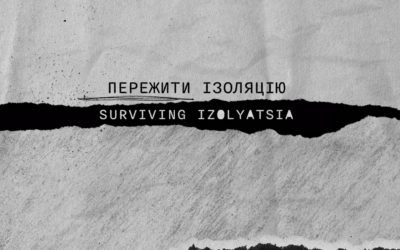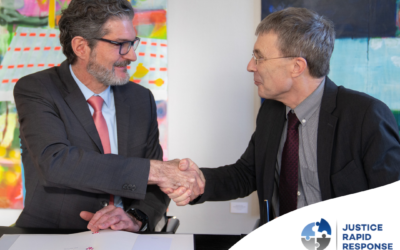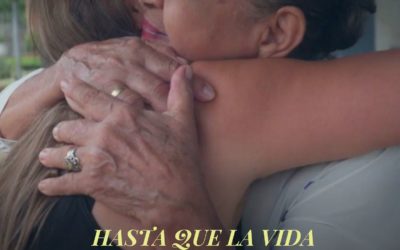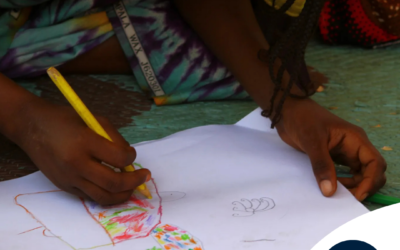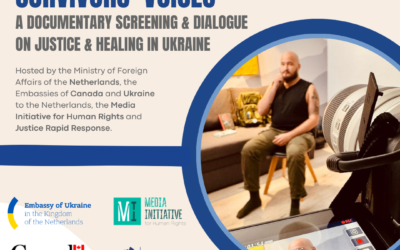Making justice posSible
Justice Rapid Response is the only global facility that provides rapidly deployable experts to investigate international crimes and serious human rights violations, and to enable a holistic, gender-sensitive, and inclusive approach to justice.
Our programmes

International Justice Programme
Supporting international and regional justice & human rights mechanisms.
National Justice Programme
Supporting national jurisdictions through judicial and non-judicial initiatives.
Civil Society Programme
Supporting civil society organizations to power up the whole justice ecosystem.
At JRR, we also take part in policy dialogues through various fora, including the United Nations Human Rights Council and the Assembly of States Parties to the Rome Statute, to ensure that lessons learned from our expert deployments can be useful to the broader international justice and human rights community.
The JRR Roster of Experts
The JRR Roster consists of a pool of over 750 justice and human rights experts rapidly deployable upon request to investigate international crimes and gross human rights violations, and further justice processes (data: 2024).

Experts

Professions

Nationalities

Languages
Seeking expert support?
Discover how to request support from the JRR Roster.
You want to be a certified expert?
Apply to our calls for nominations or contact us.
FAQ
Frequently asked questions
Our thematic areas
Accountability for Child Rights
JRR deploys experts to help justice actors adopt a child-sensitive approach in their accountability work, and promote the rights and access to justice of child victims and survivors.
The scale of the crimes affecting children in fragile settings is immense, but too often investigations have overlooked the experience and perspective of children. The specific vulnerabilities of children require specialized expertise to ensure that violations affecting them do not go unaddressed. The inclusion of child rights experts can be a game-changer for impunity when investigating crimes and violations involving children. It affords child rights violations a higher visibility compared to mechanisms that do not benefit from this approach and support.
Accountability for Gender-based Violence
JRR aims to systematically mainstream gender justice, bridge the expertise gap in this field, and promote the rights of victims and survivors of gender-based violence.
Justice for sexual and gender-based violence under international law has been systematically neglected, and while there is now a strong legal framework and a widespread understanding that impunity for these crimes significantly undermines international peace and security and hampers post-conflict peacebuilding, the impunity for SGBV is still the norm. To advance gender justice, JRR has made the mainstreaming of a gender lens in justice processes and the provision of dedicated SGBV investigation expertise one of its priorities.
Transitional Justice
Transitional justice covers the full range of processes associated with a society’s attempt to come to terms with a legacy of large-scale past conflict, repression, human rights violations and abuses.
By adopting this approach, JRR aims to promote accountability and fight impunity for atrocity crimes through criminal justice initiatives, but also to achieve reconciliation and promote the rights and access to justice of victims and survivors through other justice initiatives such as memorialization, reparations and guarantees of non-repetition.
International Crimes Affecting the Environment
The protection of the environment is intrinsically linked to the enjoyment of human rights.
These complex interlinkages between international crimes and the environment affect vulnerable populations living in conflict areas and fragile settings, and JRR wishes to shed light on these dynamics. For instance, armed conflicts contribute to severely damaging the environment, exacerbating the consequences on vulnerable groups and their ability to enjoy their basic human rights. Therefore, investigating how international crimes may affect the environment is of the essence to understand the full scope of crimes and violations committed in a given conflict.

Strengthening Accountability In The Digital Era
The traditional methods of documenting and investigating international crimes and serious human rights violations are insufficient to deal with the additional challenges and opportunities of the digital age.
Technology has permeated all aspects of our lives, including on the frontlines of violence. This has resulted in a far greater amount of data potentially relevant for justice and accountability than there has ever been, and that data will only continue to grow exponentially. Currently, international and domestic accountability mechanisms, as well as civil society organizations investigating serious human violations and international crimes, are insufficiently equipped to gather, store, analyze, and exploit this data efficiently and securely. This is particularly the case for organizations operating in less-resourced areas, including the global south.

Financial Investigations and Asset Recovery
The financial dimensions of the core international crimes of genocide, war crimes and crimes against humanity need to be fully integrated into investigations into such crimes.
Recovered assets can be an important source for victims’ reparations, and can help cover the considerable costs of international criminal justice. Such assets can also be returned to the originating State to fund compensation schemes for victims and reconstruction and development. Further, successful financial investigations and asset recovery can act as lever to have insiders provide evidence against co-offenders. Finally, such efforts can help disrupt criminal enterprises and act as deterrents to further crimes.
Latest news
New Opinio Juris Piece on Environmental Justice: Between New Frameworks & Challenges
New Opinio Juris Piece on Environmental Justice: Between New Frameworks & Challenges Dive into this new Opinio Juris piece of Maud Sarliève and Pauline Martini, both Associate Research Fellows...
The JRR January Newsletter Is Out!
The JRR January Newsletter Is Out! The official trailer of JRR's new short-documentary on Ukraine's justice process is now out! Dear JRR Community, We are pleased to present you the first edition of...
JRR Signs A Privileges & Immunities Agreement with Switzerland
JRR Signs a Privileges & Immunities Agreement with Switzerland BERN, 18 December, 2025 - Federal Council Concludes Privileges and Immunities Agreement with Justice Rapid Response Today, an...
Dive into JRR’s December Newsletter!
Dive into JRR's December Newsletter! JRR is pleased to present you the last edition of our newsletter for this year before a well deserved break. This month, JRR organized a panel discussion on ways...
New Opinio Juris Piece on Progresses & Persistent Gaps on Justice Work for Children
New Opinio Juris Piece on Progresses and Persistent Gap in Justice Work for Children Photo credits: ICRC Archives. Axel Moeschler and Nana Grébizier. Préfecture Kaga Bandoro, Central-African...
Screening Event Highlights of New JRR’s Short-Documentary Film on Ukraine’s Justice Processes
Screening Event Highlights of JRR's New Short-Documentary Film on Ukraine's Justice Processes This month, we had the chance to host, in partnership with the Embassies of Canada and Ukraine to the...

Office
Rue Dr-Alfred-Vincent 10
1201 Geneva, Switzerland
Call Us
Telephone : +41 (0)22 544 29 00


